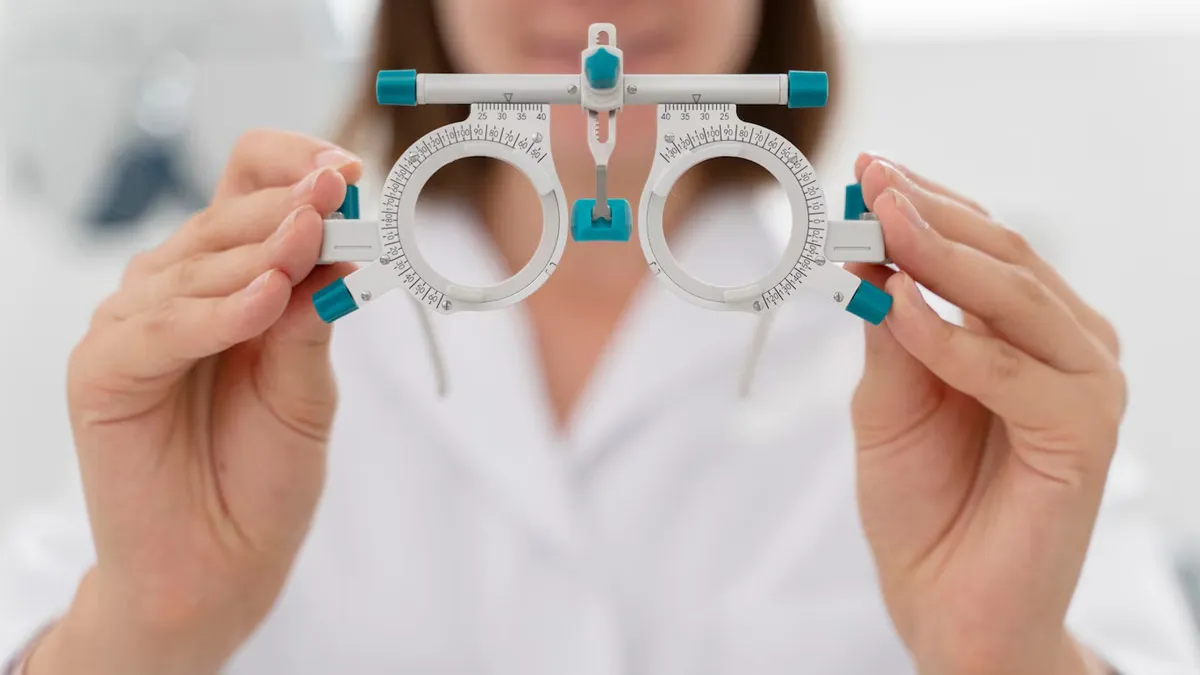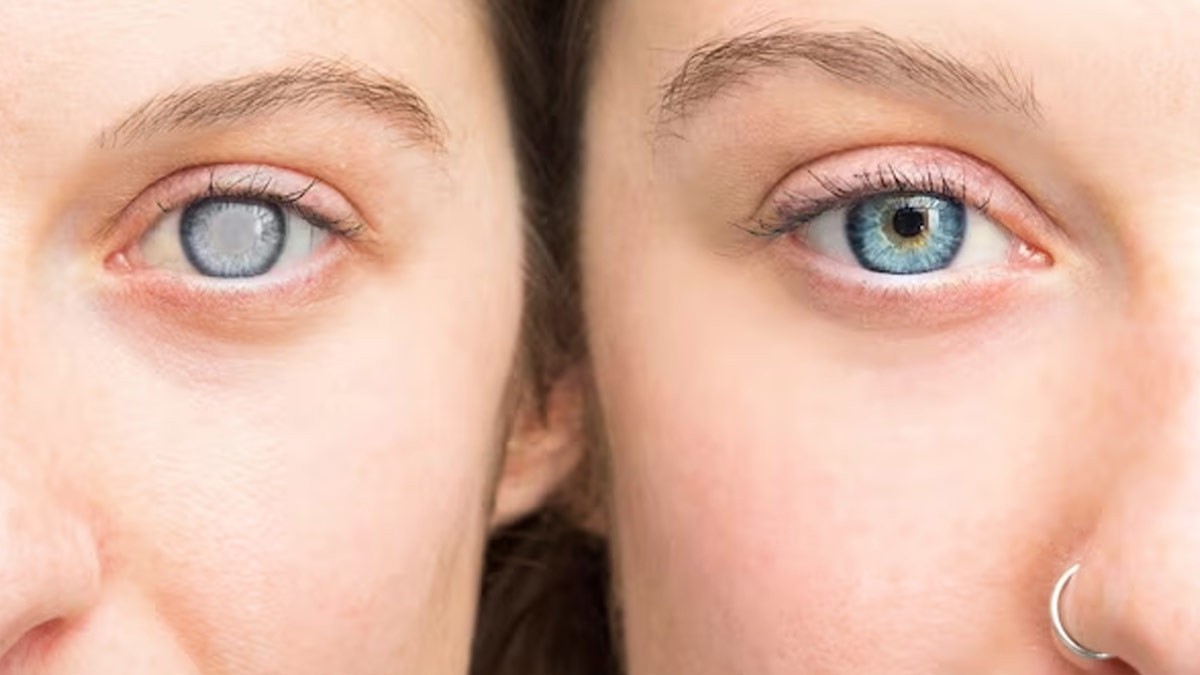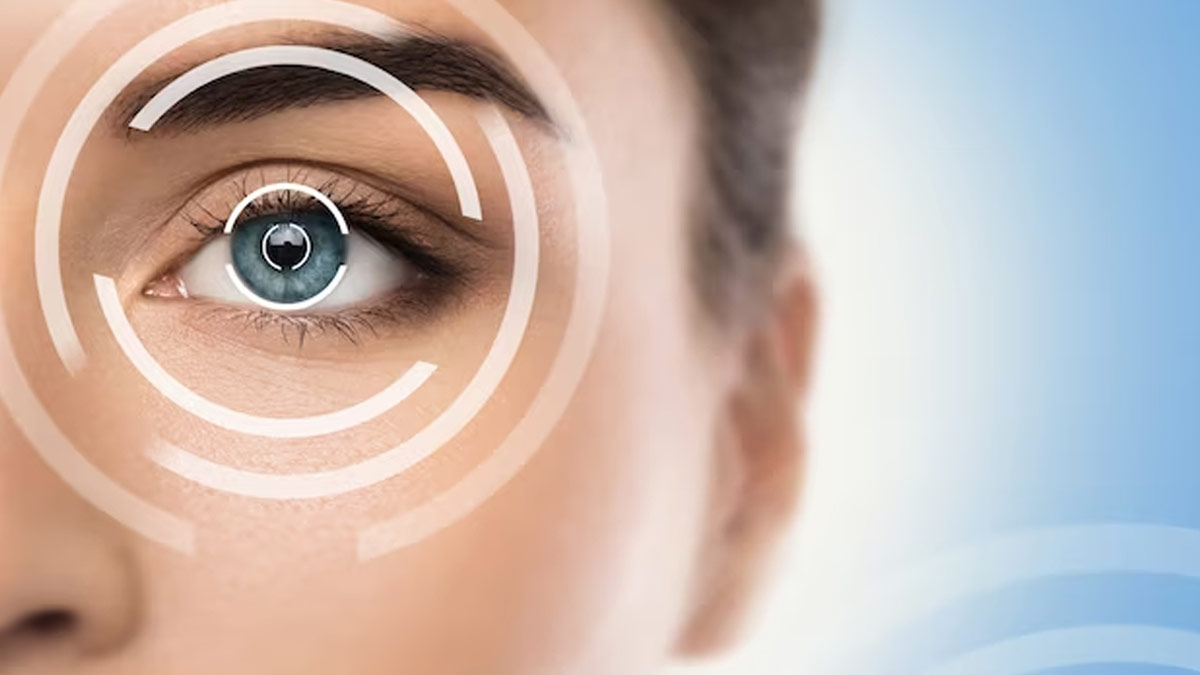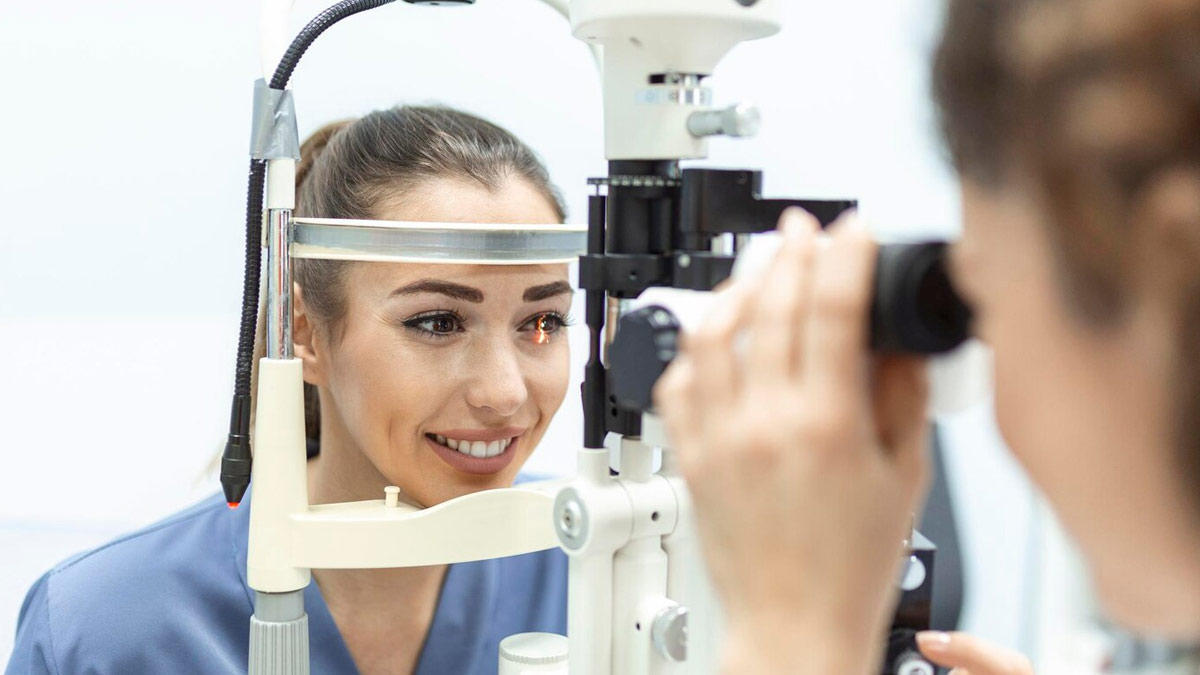
High blood pressure occurs when the force of blood against the artery walls is consistently too high. It is generally measured as a systolic reading of 130 mmHg or higher or a diastolic reading of 80 mmHg or higher. Uncontrolled blood pressure is a key risk factor for heart attack. However, it can also impact your risk of various other health issues. One lesser-known effect of elevated blood pressure is vision problems like blurred vision and unexpected blindness.
Table of Content:-
In an interaction with the OnlyMyHealth team, Dr Akshay Kashid, Consultant Cardiologist, Manipal Hospitals, Baner, Pune, explains the link between high blood pressure and eye health and shares warning signs for early management.
Also Read: Can Anxiety Affect Your Blood Pressure? Expert Shares How and Tips For Management
How Does High Blood Pressure Affect Vision?

"The retina, the light-sensitive layer in the back of the eye, is one of the small blood vessels in the eyes that can be damaged by high blood pressure," says Dr Kashid. Also called hypertensive retinopathy, he explains that reduced blood flow and oxygen to the retina can result from these arteries narrowing, leaking, or hardening over time due to high pressure.
Such damage could cause floaters, blurred vision, or even unexpected blindness.
In extreme situations, high blood pressure can also result in choroidopathy, or fluid accumulation beneath the retina, or optic neuropathy, or injury to the optic nerve, the doctor adds.
A 2021 study in Ethiopia’s Amhara region found that 32.4% of hypertensive patients had visual impairment. The risk was higher in those with high blood pressure for five or more years, a history of eye injury, or those who had ever consumed alcohol.
Early Signs Of Vision Problems Related To High Blood Pressure

According to Dr Kashid, regular eye exams are important since early-stage hypertensive eye disease often does not exhibit any symptoms. When symptoms do appear, patients may have:
- Headaches
- Blurred vision
- Trouble concentrating
- Flashes of light or floaters in the eye
- Partial or total blindness in one or both eyes (in extreme or abrupt circumstances)
How Often Should People With High Blood Pressure Get Their Vision Checked?
Dr Kashid recommends a yearly or more regular eye checkup for people with high blood pressure. “More regular examinations are required if blood pressure is insufficiently managed or if symptoms like eye strain or blurred vision are present,” he says, adding that an eye doctor can look for early indicators of hypertensive retinopathy and other associated problems using a dilated retinal exam.
It is important to know that permanent harm can be avoided with early detection. Regular eye exams are even more crucial for persons with diabetes and other medical conditions because their chance of developing vision issues is much higher.
Lifestyle Changes To Minimise Risk Of Blood Pressure-Related Vision Problems

If high blood pressure is detected early, Dr Kashid shares that vision problems, including partial or complete blindness, can be prevented.
Blood vessels in the eyes can be less stressed, and future damage can be avoided by controlling blood pressure with medication, diet, and lifestyle modifications. Dr Kashid says eating a heart-healthy diet that is high in fibre, low in salt, and full of fruits and vegetables can help keep blood pressure within a reasonable range.
He adds that walking every day or engaging in other regular physical activity can help naturally decrease blood pressure.
Additionally, eye health is also supported by reducing alcohol intake, stopping smoking, and using stress-reduction methods like yoga or deep breathing. Regularly taking prescription drugs and keeping an eye on your blood pressure at home are equally crucial. “Eye wellbeing can be further supported by drinking enough water, minimising screen strain, and wearing protective eyewear in bright environments,” Dr Kashid further highlights.
Conclusion
High blood pressure doesn't just affect your heart; it can influence your eye health too. While blurred vision or headaches are often overlooked, these can be signs of uncontrolled blood pressure. In more extreme cases, patients should immediately address signs of partial or complete blindness. These issues can be tackled by managing blood pressure through medication, a heart-healthy lifestyle, and routine eye care. It is important that you consult a doctor and take their guidance.
Also watch this video
How we keep this article up to date:
We work with experts and keep a close eye on the latest in health and wellness. Whenever there is a new research or helpful information, we update our articles with accurate and useful advice.
Current Version